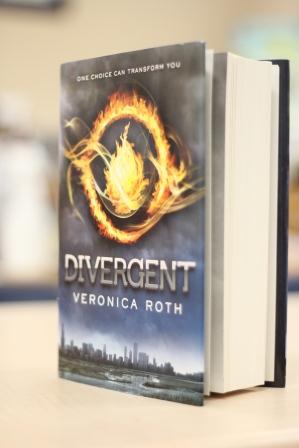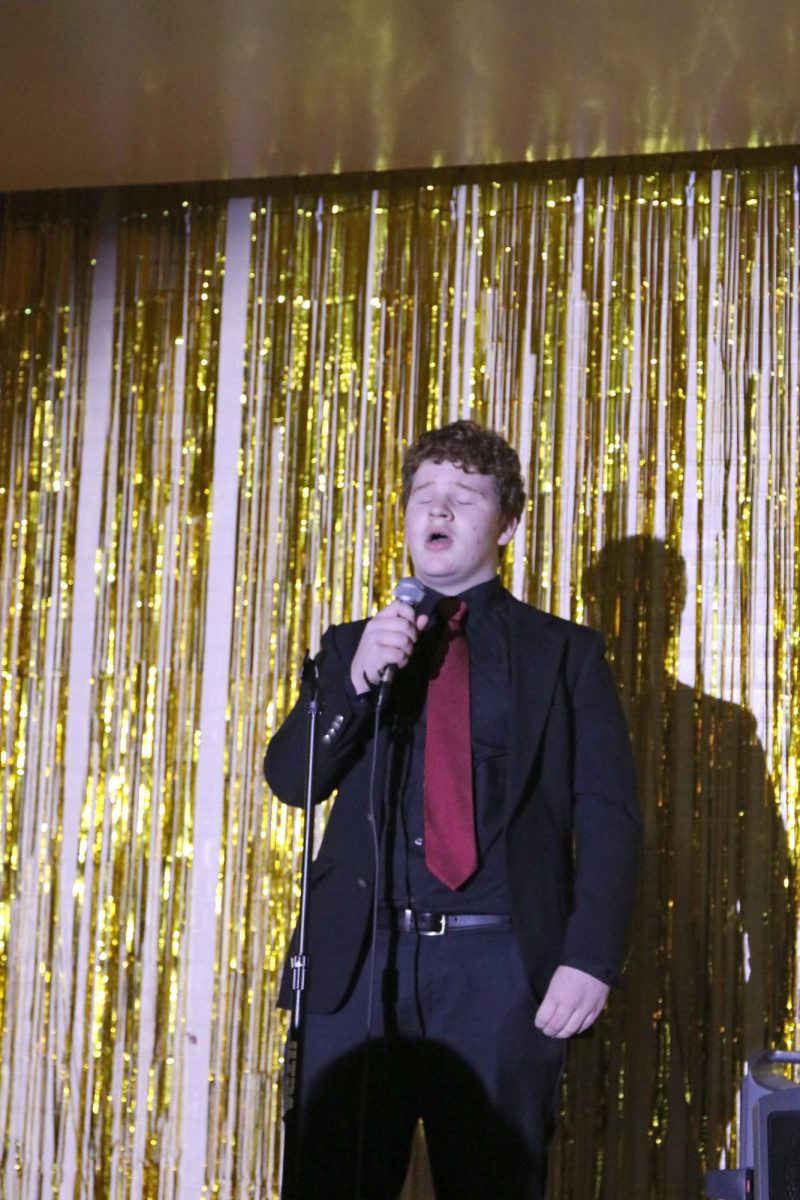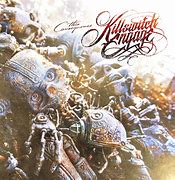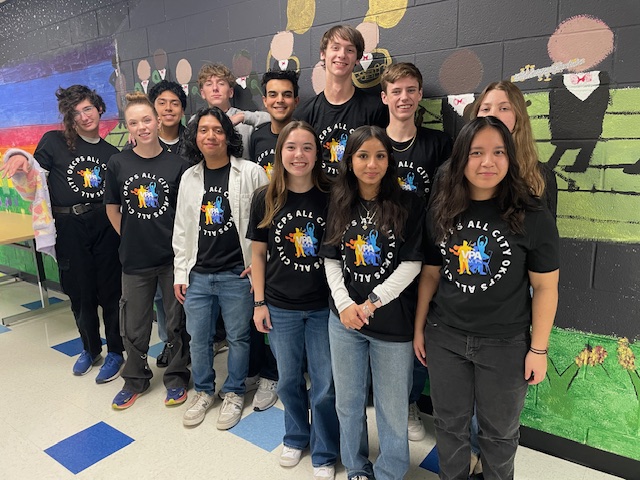
For its March meeting, Book Club read Divergent by Veronica Roth.
Divergent is a dystopian novel about Beatrice, a girl who doesn’t quite fit in with her family’s focus on selflessness. She lives in what was once Chicago, but her world is quite different from ours. People in Beatrice’s society have tried to combat human issues by creating factions that put emphasis on certain qualities: Abnegation, Candor, Dauntless, Amity and Erudite.
When teens in this society turn 16, they take a test to determine which faction is their best fit. Beatrice’s test is inconclusive, meaning that she’s Divergent (thus the name of the book). At the choosing ceremony, she becomes a member of Dauntless, and her world is forever changed.
This is probably one of my favorite books I’ve read for Book Club. It’s got an excellent plot line, and the premise is extremely creative. Yes, there are quite a few teen dystopian novels, e.g., Uglies and The Hunger Games, but Divergent feels different. Here are a few qualities of the novel that really stuck out to me:
- I liked the whole faction concept. In Beatrice’s world, people have decided that certain qualities, rather than human nature as a whole, have led to the end of our modern society, and I find that extremely interesting.
- Many teen novels have romance, and this one is no different. What I found nice about Divergent, however, was that the relationship between Beatrice and her instructor, Four, is reserved, awkward, and sweet. It doesn’t take up the entirety of the novel, it isn’t overpowering, and it’s a nice addition to the story.
- Divergent has a bit of a bildungsroman quality to it. Beatrice is finding herself, growing into a strong, independent young woman where she was once an Abnegation girl striving to conform to a belief system that never fit her. Even though she leaves her original faction, Beatrice learns to appreciate her father, brother and especially her mother because of her eye-opening experiences. Divergent is a coming-of-age story, a growing up story, and I really like that this quality is incorporated into a very action-based novel.
My main complaint with Divergent is that Beatrice’s divergence didn’t have much effect on the majority of the novel. Beatrice was warned continuously not to tell anyone of her divergence, and I don’t think Roth expanded enough on why people would have hurt her for having traits from several different factions. Yes, divergence became significant to the plot at the end of the story, but for it being the title of the entire book, I thought that there should have been a bit more information provided. Also, I felt that the climactic ending was somewhat short. I hope that both of these complaints will be reconciled in the sequel, Insurgent.
My overall reaction: Divergent is good. Very good. It’s well-written, exciting, original, and it grabbed my attention immediately. I would definitely recommend it to anyone who likes dystopian novels.





